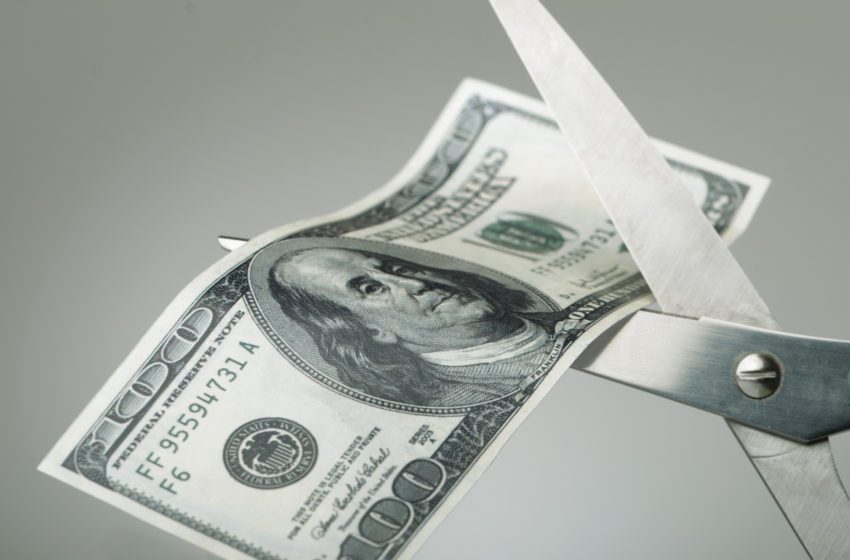
A proposal to impose U.S. federal taxes on vaping has been removed from the Democrats’ healthcare, education and climate change bill, reports The Wall Street Journal, citing people familiar with the matter. Nevada Senator Catherine Cortez Masto, a Finance Committee member in a tough re-election race, reportedly pushed to remove the tax and helped force its deletion.
The removed provision would have levied a tax on vaping products designed to parallel the existing federal cigarette tax rate of $1.01 per pack.
The move comes just days after the Vapor Technology Association (VTA) released a report that concluded the tax would cost thousands of jobs. “We have been meeting with numerous members of the House and Senate, and the Administration, to explain the absurdity of this tax, giving them multiple public health and economic reasons to strip it out of the bill,” said Tony Abboud, head of the VTA. “A tax can always come back, but if it does I doubt it will be as poorly considered as this one. There are much better alternatives.”
The tax had draw considerable criticism from vapor industry representatives and tobacco harm reduction advocates, who said it would in some cases make e-cigarettes more expensive than combustible cigarettes—a perverse outcome, given that vaping is widely believed to be less harmful than smoking.
Critics also noted the tax would be regressive. According to a recent Gallup poll, Americans with an annual household income of less than $40,000 are significantly more likely to vape than higher-income groups.
Vaping advocates welcomed the decision. “The evidence is clear that imposing a new excise tax on vaping products will discourage adults from quitting smoking and shut down small businesses already dealing with industry-crushing federal regulations,” Gregory Conley, president of the American Vaping Association, was quoted as saying by The Wall Street Journal.









